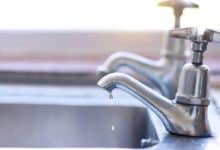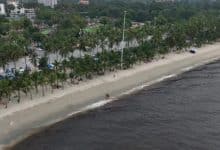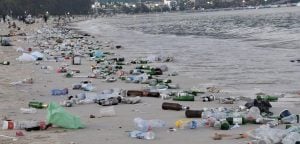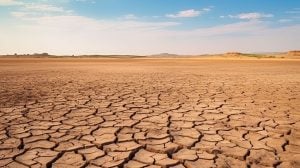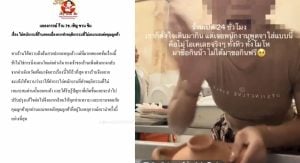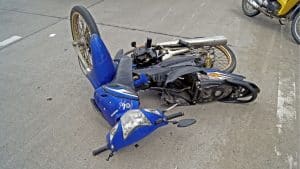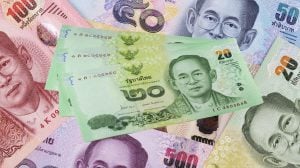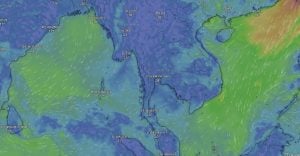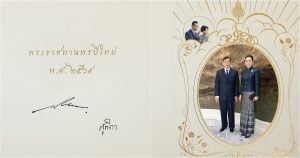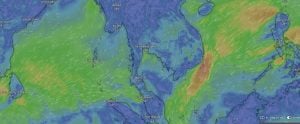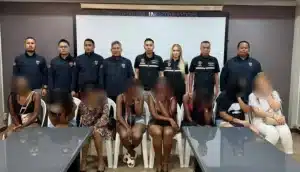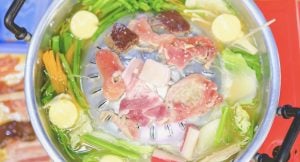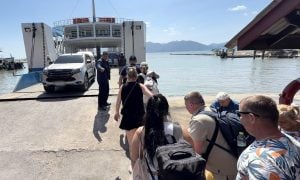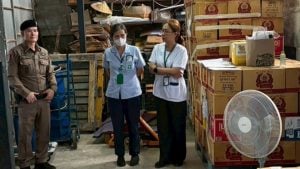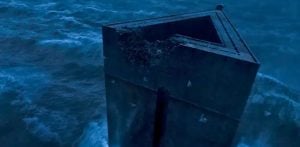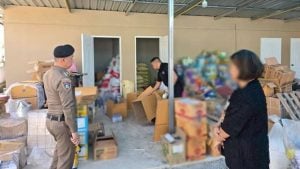Is tap water in Thailand safe to consume?
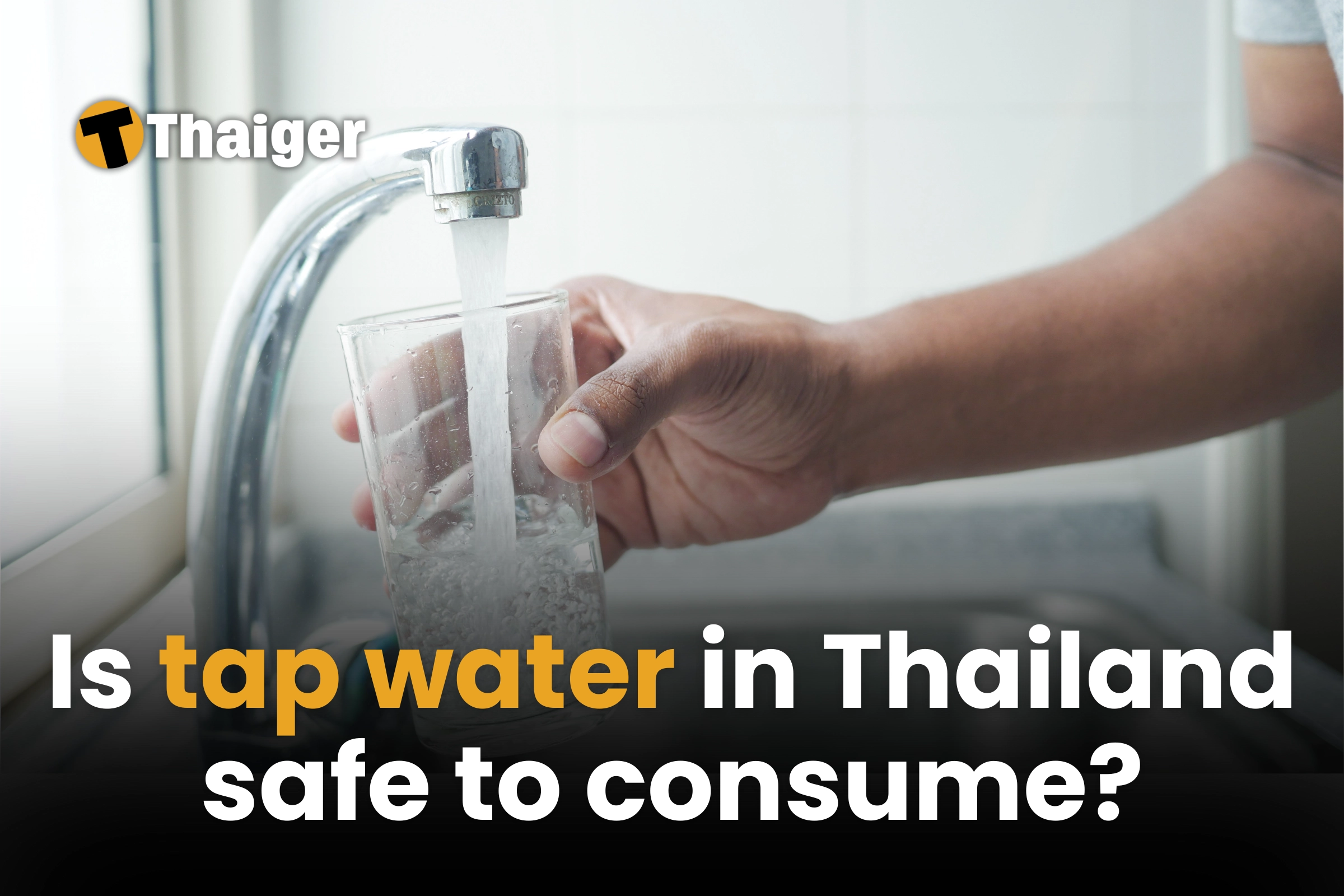
Wondering if you can drink the tap water in Thailand? From brushing your teeth to filling up a bottle, it’s helpful to understand a few basics. Tap water safety in Thailand varies by location, and while some people use it without issue, others avoid it completely. Here’s a guide on what’s safe, what’s not.
How clean is Bangkok’s tap water and where does it come from?
The journey of Bangkok’s tap water starts with the Chao Phraya River and other sources. The Metropolitan Waterworks Authority (MWA) treats it according to WHO guidelines, so technically, it leaves the plant clean and safe. But the real issue can be in the journey from the plant to your tap. Pipes in some areas, especially older neighbourhoods, can be a bit risky.
For instance, a recent incident in Bangkok’s Lat Phrao district highlighted the risks of older pipes and contamination. In this case, water in a condo’s tank got polluted with bacteria and chemicals, leaving residents at risk. Cases like this are a reminder of why many locals and expats rely on bottled or filtered water instead of drinking straight from the tap.
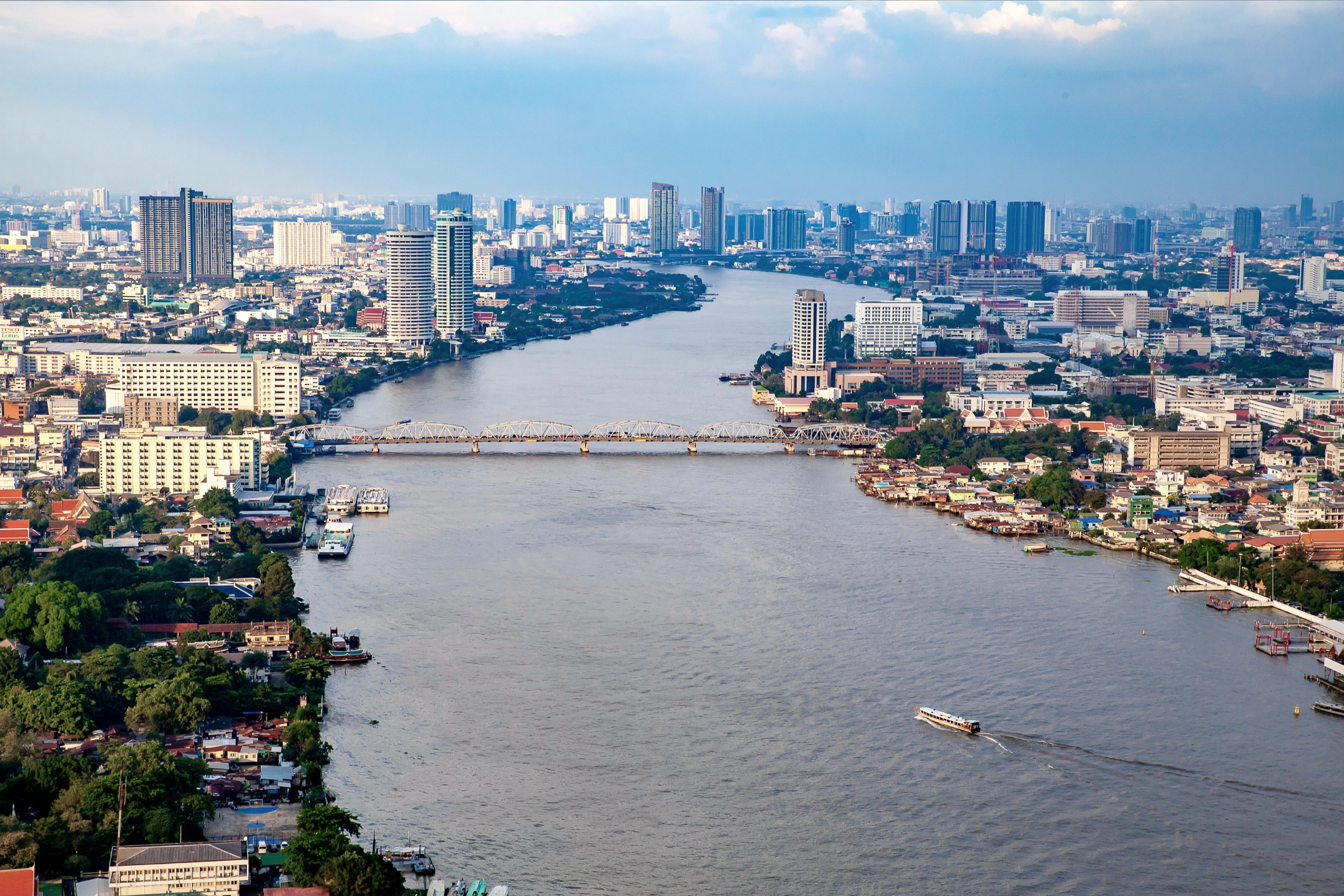
Is boiling tap water in Thailand enough?
Boiling tap water in Thailand can reduce some risks, as it kills bacteria and other pathogens. But if the water contains heavy metals, chemicals, or other toxins (which sometimes sneak in through old pipes), boiling won’t remove these contaminants. As a safe option, many locals and expats use water filters for extra protection or rely on bottled water.
Can you brush your teeth with tap water in Thailand?
Yes, you can brush your teeth with tap water in Thailand, and many people do it. The amount of water you swallow while brushing is small, so it’s unlikely to cause health issues. The MWA does treat the water to be generally safe for non-drinking purposes. Just avoid swallowing it, and use bottled or filtered water if you want to be extra careful.
However, if you’re concerned about the potential risks of waterborne diseases or contamination, having the right health insurance can offer additional peace of mind. Cigna’s health plans, designed for expats, cover a wide range of healthcare services, including treatments related to waterborne illnesses. With comprehensive coverage, you can feel confident that you’re prepared for any unexpected health issues.
Exclusively for you, Thaiger readers: Get 10% off for life on your expat health plan with Cigna! But act fast, this offer ends this December.
Black Friday extended promo: 10% off for life!
This limited-time offer won’t last! Act fast to lock in your discount before the new year starts.
T&Cs apply*
Drinking tap water at the airport, in hotels, and on islands
When you’re at Bangkok’s main airports, Suvarnabhumi or Don Mueang, you’ll find drinking water stations with filtered water, which are safe to use. Many people refill bottles here without issue. However, outside the airport, it’s safest to stick with bottled water. Most hotels in Thailand provide complimentary bottled water for guests, and while you can use tap water for brushing or boiling, it’s best to avoid drinking it straight from the tap.
In more touristy areas like Phuket or Pattaya, the story’s the same: it is generally safe for things like brushing teeth, but not recommended for drinking unless filtered. On islands like Koh Samui, where water often has to travel farther and faces storage challenges, it’s especially wise to avoid drinking straight from the tap.
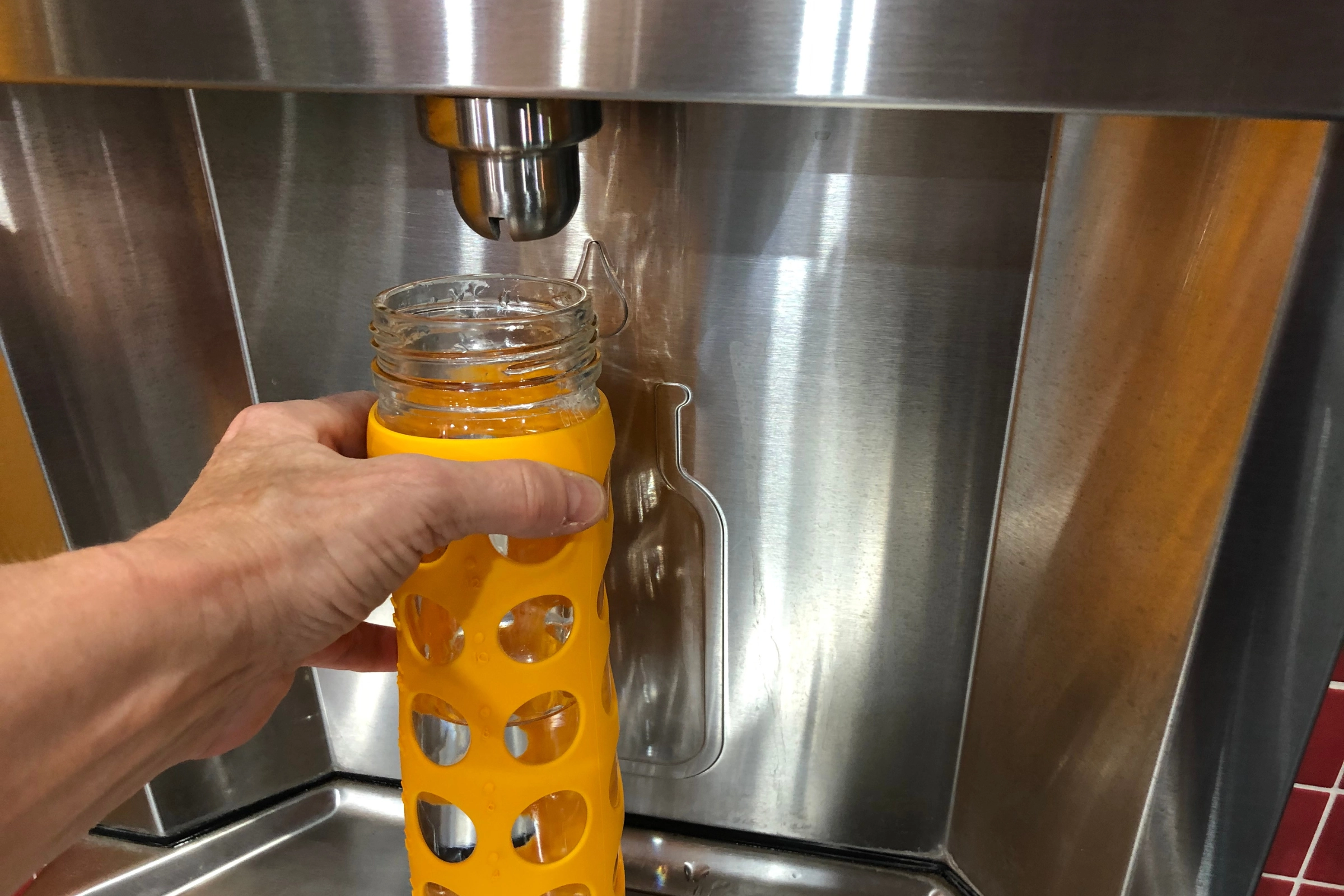
Does Thailand add fluoride or chlorine to tap water?
Thailand’s tap water usually contains chlorine to kill bacteria, which is why you might notice a slight chlorine taste. For most people, this isn’t harmful in small amounts and is safe for brushing or showering. However, if you’re particularly sensitive, a filter that reduces chlorine might help.
Fluoride, on the other hand, isn’t commonly added to Thai water. If you’re concerned about your dental health, especially for long-term expats, consider fluoridated toothpaste or other fluoride sources.
Should you get a water filter for extra safety?
Many locals and expats prefer using a water filter to be on the safe side, especially if they’re regularly using tap water for cooking or filling up bottles. Filters come in different types, from simple carbon filters to more advanced systems like reverse osmosis, which removes a wide range of contaminants, including chlorine, heavy metals, and microplastics. If you’re planning to stay in Thailand long-term, a filter could be a good investment to reduce both cost and plastic waste from bottled water.
The general rule of thumb is to avoid drinking tap water directly in Thailand unless you’ve taken steps to ensure its safety, like boiling or filtering. Bottled water remains the safest choice and is widely available and affordable. Whether you’re in Bangkok, Phuket, or Koh Samui, knowing the ins and outs of water safety can help you stay healthy while enjoying all Thailand has to offer.
Don’t take risks with your health—get the support you need
Staying safe in Thailand means being prepared for the unexpected. Whether it’s a stomach infection from contaminated water, a skin reaction from untreated tap water, or a more serious waterborne illness, having the right health insurance gives you the peace of mind to focus on enjoying your time in Thailand.
Cigna’s expat-friendly health plans ensure you’re never caught off guard, offering protection for everything from preventive care to emergency treatments. Why take chances with your health when you can have a safety net in place?
Here’s how Cigna supports your health journey:
- Preventive care: Early detection and screenings for illnesses caused by water contamination.
- Emergency assistance: Fast access to private hospitals for severe infections, dehydration, or waterborne diseases.
- Comprehensive coverage: Inpatient and outpatient treatments for all health complications related to water safety.
- Global network: Seamless care across Thailand and beyond, wherever you travel.
Black Friday extended promo: 10% off for life!
This limited-time offer won’t last! Act fast to lock in your discount before the new year starts.
T&Cs apply*
*Cigna Healthcare reserves the right to amend or withdraw a promotion at any time without notice. This discount will apply for the lifetime of the policy and is only eligible to new Cigna Global Individual customers. The discount may only be applied by a sales agent and cannot be applied in conjunction with any other offer, except the 10% discount given to policies paid annually in full. If you choose to pay your policy annually in full, your 10% discount will be applied after the 10% annual discount has been applied. Only Cigna Global Individual Policies are eligible for the 10% discount. A minimum purchase value of $2000 for policies based in Europe is applicable. Policies based in the rest of the world require a minimum purchase value of $3000 to be eligible.
FAQs about tap water in Thailand
How clean is Bangkok water?
Bangkok's tap water generally meets the World Health Organization (WHO) standards for drinking water, with the Metropolitan Waterworks Authority (MWA) reporting that it passed 98% of these standards in tests conducted in 2010. However, while the water is treated and monitored, concerns arise from its journey through old and potentially contaminated pipes, which can affect its cleanliness by the time it reaches consumers.
Does Thailand put fluoride in the water?
Yes, fluoride is added to Bangkok's tap water at levels ranging from 0.12 to 0.26 mg/L, which is below the WHO guideline of 1.5 mg/L.
Can tourists drink tap water in Thailand?
It is generally advised that tourists avoid drinking tap water in Thailand due to potential health risks associated with bacteria and contaminants. Bottled or filtered water is recommended.
Is tap water safe to drink in Phuket?
Similar to Bangkok, while Phuket's tap water meets treatment standards, many locals and tourists choose bottled or filtered options due to concerns about infrastructure and potential contamination.
Can you drink tap water in Pattaya?
Tap water in Pattaya is also treated but may not be considered safe for drinking without boiling or filtering first; bottled or filtered water is recommended instead.
Can I drink tap water in Koh Samui?
In Koh Samui, it is advisable to avoid drinking tap water unless it has been boiled or filtered. Bottled water remains a safer choice for both locals and tourists.
Can you drink hotel tap water Thailand?
The safety of hotel tap water varies by establishment; some hotels may have their own filtration systems. It's advisable to check with hotel staff regarding the safety of their tap water.
Can you brush teeth with tap water in Bangkok?
While it is generally considered acceptable to use tap water for brushing teeth, many people opt for bottled or filtered water due to concerns about potential contaminants.
Where does Thailand get their water from?
Thailand sources its water primarily from the Chao Phraya River and the Maeklong Dam in Kanchanburi Province. This raw water is treated at various plants before distribution.
Latest Thailand News
Follow The Thaiger on Google News:
